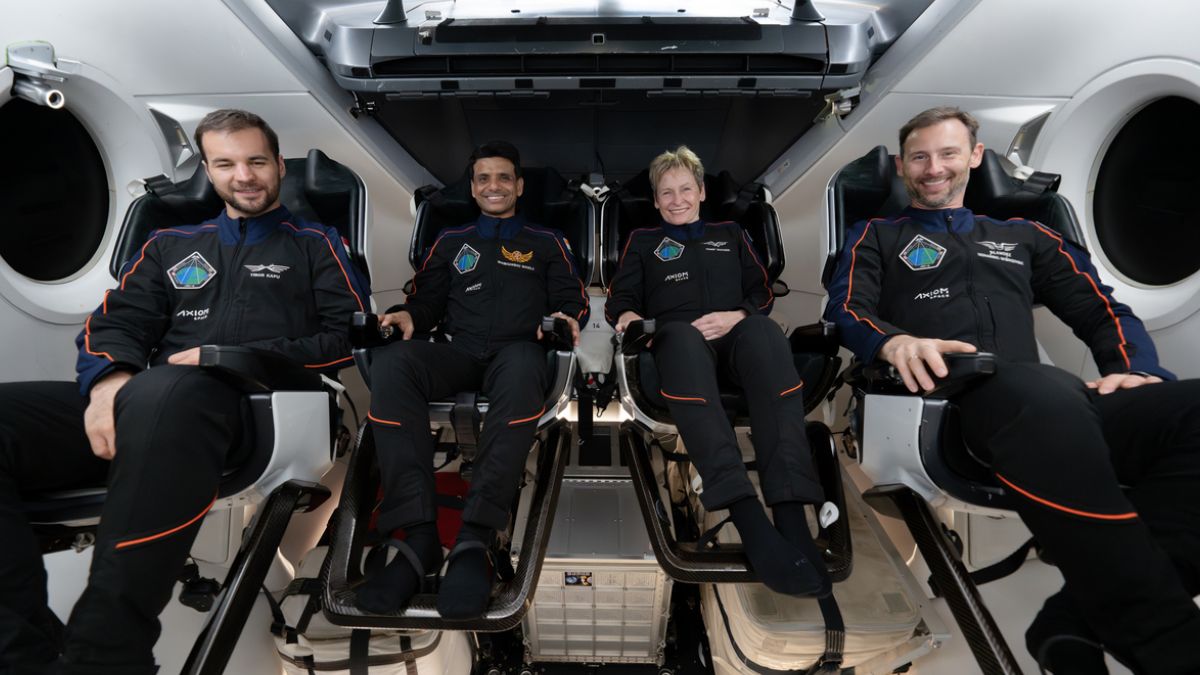Autistic people and those with ADHD are avoiding seeking health care because they find waiting rooms "unbearable", experts have warned. The Society of Radiographers (SoR) has called for urgent changes to help neurodivergent people navigate NHS services more easily.
Patients face numerous barriers when accessing care, from communication difficulties with health workers to overstimulating diagnostic equipment and waiting areas. The professional body is also highlighting concerns about neurodivergent NHS staff being "driven out" of the health service.
Sensory challenges in hospitals
Research shows that 51 per cent of autistic people find waiting rooms unbearable due to overwhelming sensory experiences, compared with just eight per cent of non-autistic people. Ben Potts, a diagnostic radiographer researching neurodivergent patient experiences, explained the additional challenges they face.
"Going into an MRI scanner, which makes a lot of noise, or into an X-ray examination room, where radiographers need to touch patients to position them accurately for the X-ray imaging, these are areas where there can be an extra layer of difficulty for autistic people," Potts said. Even accessing help initially can prove difficult, particularly when it involves making phone calls.
Staff support concerns
Dr Julie Woodley, a senior lecturer in radiography at the University of the West of England, highlighted that neurodivergent NHS clinicians also struggle with inadequate support. Many managers appear unaware of how to properly support staff on the neurodiversity spectrum, leaving workers feeling unsupported.
"Some people have said that they've got to the point where they're going to have to leave the NHS. They feel worn down by it all," Woodley said. The lack of understanding is contributing to staff retention problems within the health service.
Call for urgent changes
The SoR has called for the introduction of inclusive spaces, including autism-friendly waiting rooms, and improved communication to ensure patients' needs are met. Dean Rogers, executive director of industrial strategy at the SoR, emphasised that hospitals can be stressful environments for everyone.
"These risks and costs are amplified for patients and staff who are neurodivergent," Rogers said. He pointed to encouraging research showing how cost-effective neurodiversity-sensitive changes can improve productivity and outcomes for all staff and patients.
Government response
The organisation said national guidelines to help both patients and staff are "urgently" needed to address these systemic issues. Research suggests that simple changes like autism-friendly waiting areas, simplified systems and patient-experience videos can make significant improvements.
NHS England responded by highlighting existing measures, including mandatory training on learning disability and autism for all NHS staff. A spokesperson said an ADHD taskforce is examining ways to improve services and reduce inequalities in care, whilst updated guidance has been issued to improve support for autistic people.
(PA) Note: This article has been edited with the help of Artificial Intelligence.









